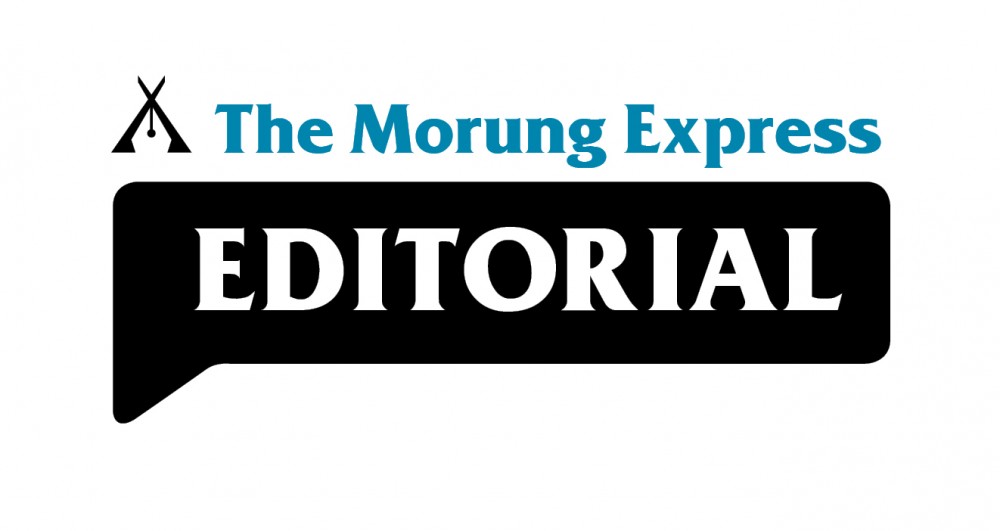
Veroli Zhimo
Article 6 of the Universal Declaration on Bioethics and Human Rights states that “Any preventive, diagnostic and therapeutic medical intervention is only to be carried out with the prior, free and informed consent of the person concerned, based on adequate information. The consent should, where appropriate, be express and may be withdrawn by the person concerned at any time and for any reason without disadvantage or prejudice.”
Vaccinations are clearly a preventative intervention and require informed consent in each individual case. But looking at recent notifications issued by the Nagaland Government, this requirement may have been violated in regard to vaccine mandates for the 15-18 years age group.
In this connection, it is pertinent to remember that the state government is not new to criticism when it comes to the vaccine mandates.
In the past too, when the lockdowns were lifted and offices were resumed, similar directives for vaccination of government employees were met with opposition.
Among social, economic, and political concerns, one objection to the vaccine directives is ideological: they were seen as a state overreach and infringement on certain civil liberties. PILs were filed in the High Court in the past and recently, a memorandum was submitted to the State authorities in this regard.
Across the world, questions on how governments can ethically balance public health and civil liberties are continuously being raised. In this, stakeholders should not fall for the premise that the choice is between either public health or civil liberties. While there is clearly a tension between the two, a compromise solution focusing on educating the public should be one of the approaches.
In order to move forward, public health policies must use the least restrictive means necessary and support civil liberties.
Feedback and comments can be sent to vzhimolimi@gmail.com






